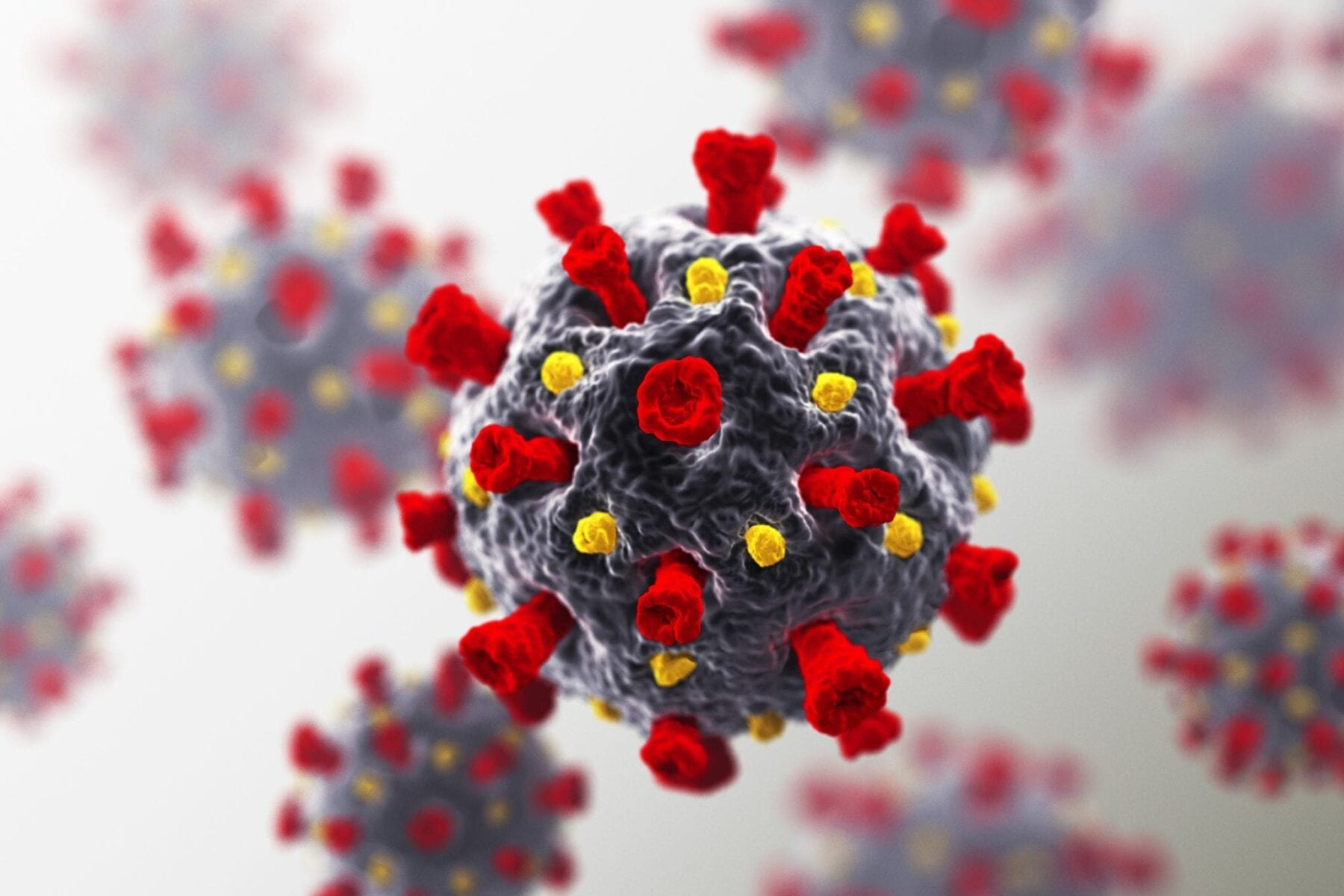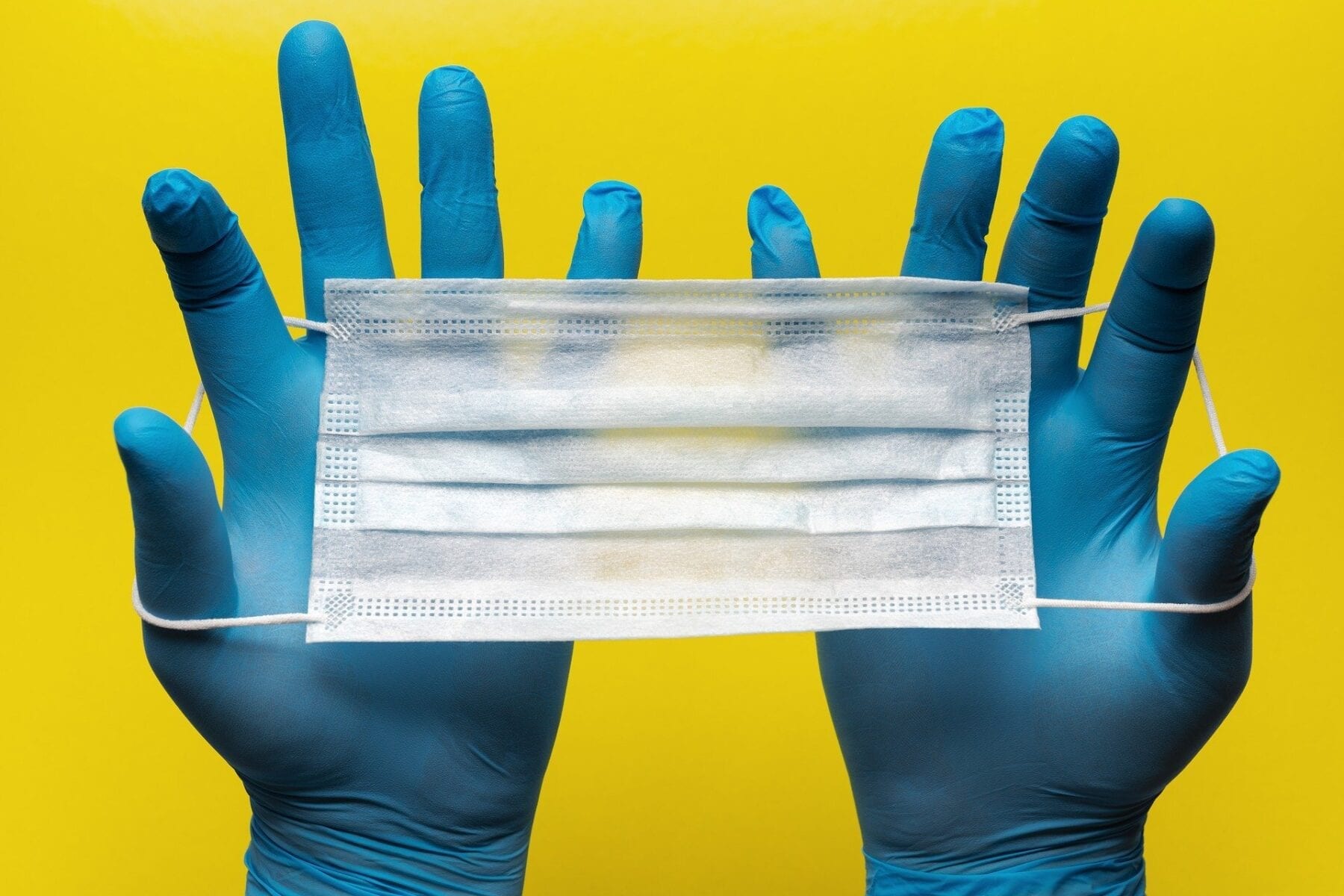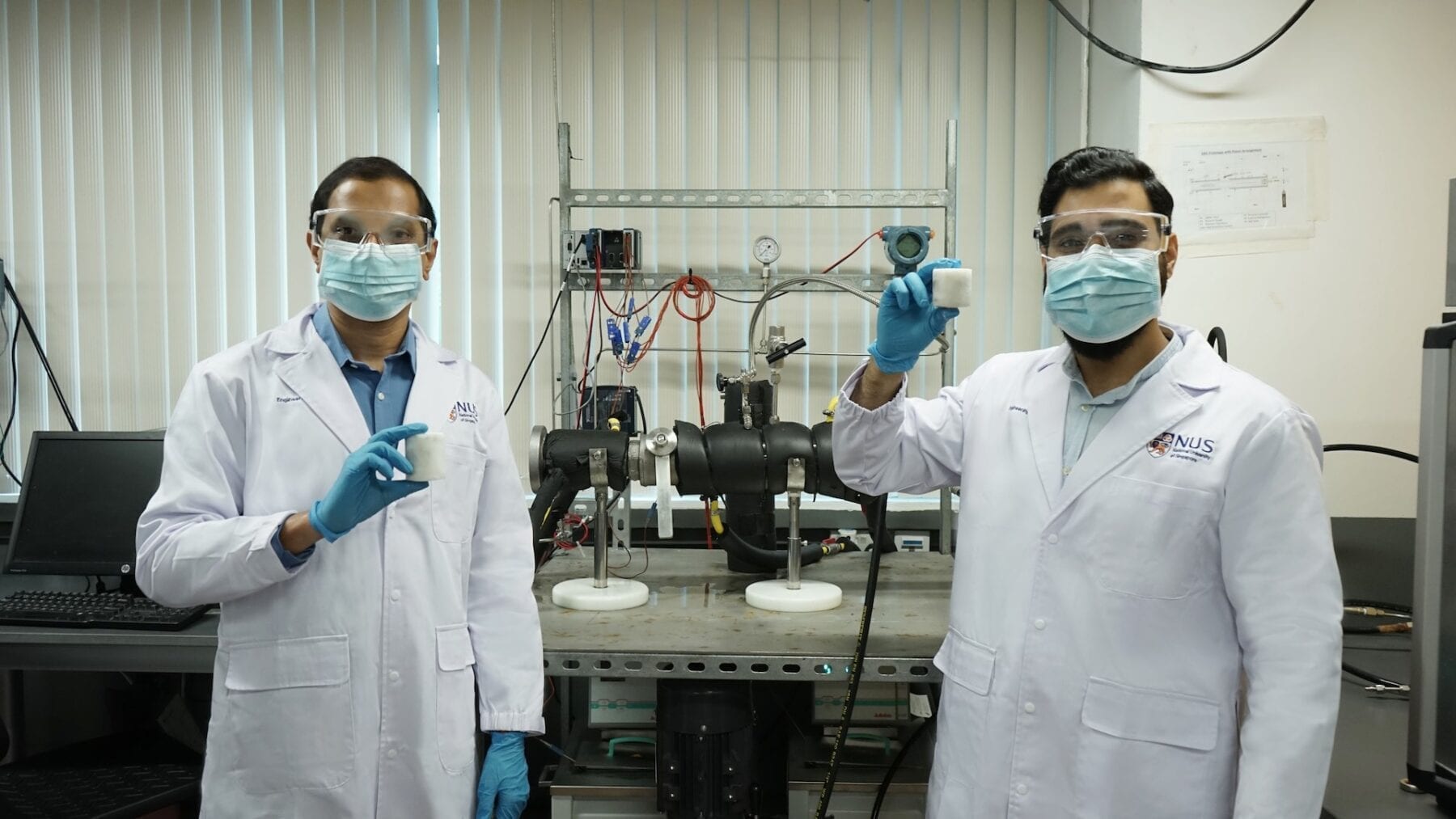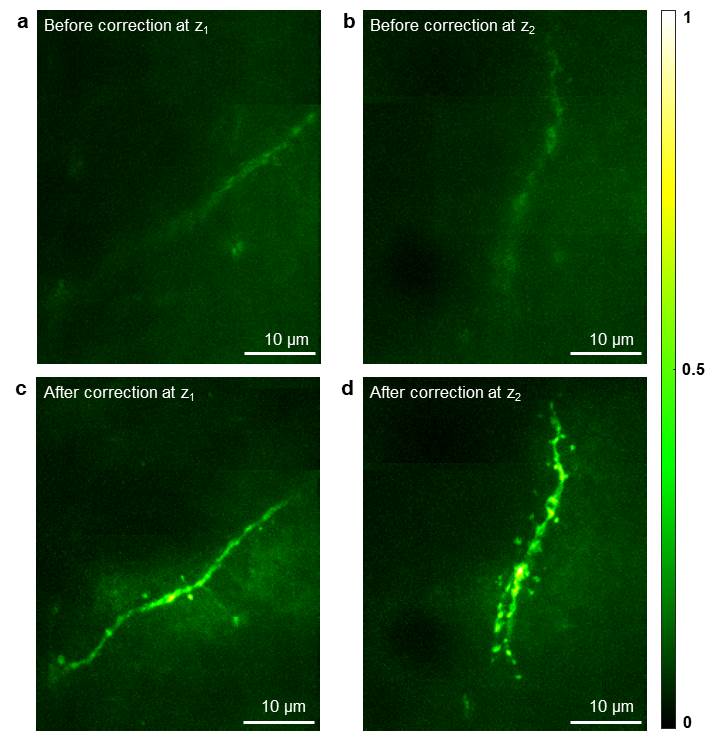
via Georgia State University
Treatment of SARS-CoV-2 infection with a new antiviral drug, MK-4482/EIDD-2801 or Molnupiravir, completely suppresses virus transmission within 24 hours, researchers in the Institute for Biomedical Sciences at Georgia State University have discovered.
The group led by Dr. Richard Plemper, Distinguished University Professor at Georgia State, originally discovered that the drug is potent against influenza viruses.
“This is the first demonstration of an orally available drug to rapidly block SARS-CoV-2 transmission,” said Plemper. “MK-4482/EIDD-2801 could be game-changing.”
Interrupting widespread community transmission of SARS-CoV-2 until mass vaccination is available is paramount to managing COVID-19 and mitigating the catastrophic consequences of the pandemic.
Because the drug can be taken by mouth, treatment can be started early for a potentially three-fold benefit: inhibit patients’ progress to severe disease, shorten the infectious phase to ease the emotional and socioeconomic toll of prolonged patient isolation and rapidly silence local outbreaks.
“We noted early on that MK-4482/EIDD-2801 has broad-spectrum activity against respiratory RNA viruses and that treating infected animals by mouth with the drug lowers the amount of shed viral particles by several orders of magnitude, dramatically reducing transmission,” said Plemper. “These properties made MK-4482/EIDD/2801 a powerful candidate for pharmacologic control of COVID-19.”
In the study published in Nature Microbiology, Plemper’s team repurposed MK-4482/EIDD-2801 against SARS-CoV-2 and used a ferret model to test the effect of the drug on halting virus spread.
“We believe ferrets are a relevant transmission model because they readily spread SARS-CoV-2, but mostly do not develop severe disease, which closely resembles SARS-CoV-2 spread in young adults,” said Dr. Robert Cox, a postdoctoral fellow in the Plemper group and a co-lead author of the study.
The researchers infected ferrets with SARS-CoV-2 and initiated treatment with MK-4482/EIDD-2801 when the animals started to shed virus from the nose.
“When we co-housed those infected and then treated source animals with untreated contact ferrets in the same cage, none of the contacts became infected,” said Josef Wolf, a doctoral student in the Plemper lab and co-lead author of the study. By comparison, all contacts of source ferrets that had received placebo became infected.
If these ferret-based data translate to humans, COVID-19 patients treated with the drug could become non-infectious within 24 hours after the beginning of treatment.
The Latest Updates from Bing News & Google News
Go deeper with Bing News on:
Molnupiravir
- A better COVID treatment for the immunocompromised? Researchers create a non-toxic potential alternative to Paxlovid
A combination of two antiviral compounds may be a promising alternative to Paxlovid when treating COVID-19 in immunocompromised patients, according to Karen S. Anderson, Ph.D., professor of ...
- Troopers Arrest Smyrna Man for Aggravated Menacing
Delaware State Police arrested 35-year-old Dennis Piasio of Smyrna, Delaware, for aggravated menacing and other charges yesterday. On April 25, 2024, at approximately 12:16 p.m., troopers responded to ...
- Solving academic medical centers’ existential crisis
It's a "Sputnik moment" for academical medical centers. Other countries are making large investments in medical research and infrastructure. The U.S. needs to do the same.
- Merck (MRK) Q1 Earnings Top, Cancer Drug Keytruda Boosts Sales
Merck (MRK) beats first-quarter estimates for earnings and sales. The company raises its EPS range for 2024. Stock rises in pre-market.
- 2 Filipino pharma companies win healthcare awards in Singapore
Two Filipino pharmaceutical companies recently romped away with three healthcare awards at the prestigious Healthcare Asia Pharma Awards 2024 in Singapore. The public relations firm, BrandComm Asia, ...
Go deeper with Google Headlines on:
Molnupiravir
[google_news title=”” keyword=”Molnupiravir” num_posts=”5″ blurb_length=”0″ show_thumb=”left”]
Go deeper with Bing News on:
SARS-CoV-2 transmission
- Longest-Ever COVID Infection Lasted More Than 600 Days
A Dutch man with lymphoma and other blood disorders was infected with the COVID-causing virus for nearly two years, during which time the pathogen evolved numerous mutations ...
- High Levels of Carbon Dioxide Increase Virus Survival and Transmission
Scientists have discovered higher levels of carbon dioxide increase the survival of viruses in the air. These findings could serve as a scientific basis for designing mitigation strategies to reduce ...
- New SARS-CoV-2 KP.2 variant defies vaccines with higher spread, study warns
Study on the bioRxiv server reports that the SARS-CoV-2 KP.2 variant, despite lower infectivity, shows significant immune resistance and higher transmissibility compared to other variants, potentially ...
- Quiz: Are you smarter than an expert on how SARS-CoV-2 spreads?
The World Health Organization has issued a report updating terminology and explanations regarding the spread of the novel coronavirus. See if you're up on the latest vocab.
- Quiz: Can you pass our 9 question test on the latest theories of COVID-19 transmission
The World Health Organization has issued a report updating terminology and explanations regarding the spread of the novel coronavirus. See if you're up on the latest vocab.
Go deeper with Google Headlines on:
SARS-CoV-2 transmission
[google_news title=”” keyword=”SARS-CoV-2 transmission” num_posts=”5″ blurb_length=”0″ show_thumb=”left”]










